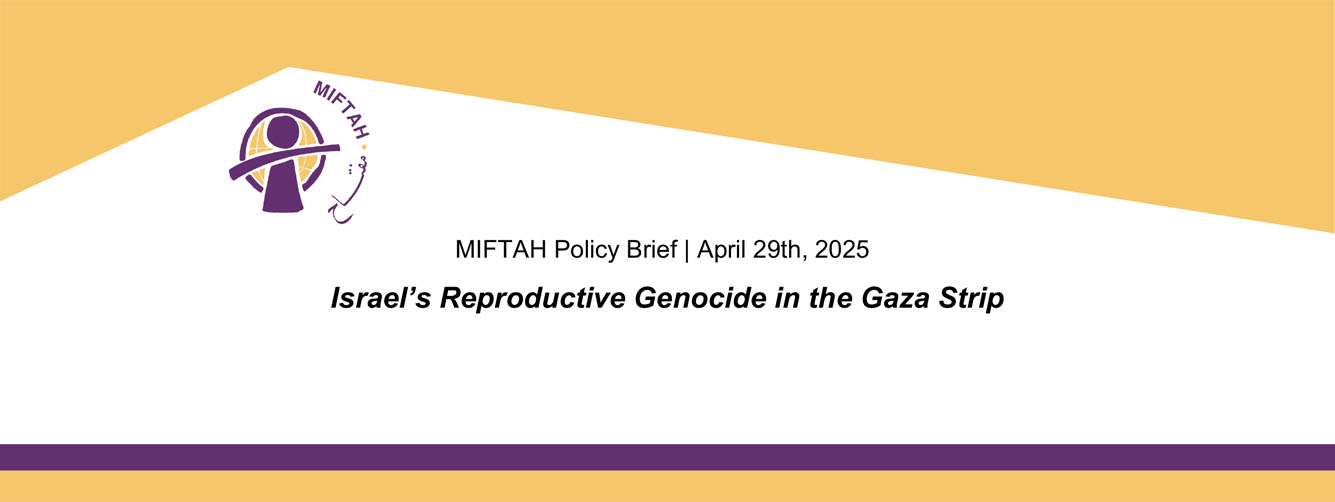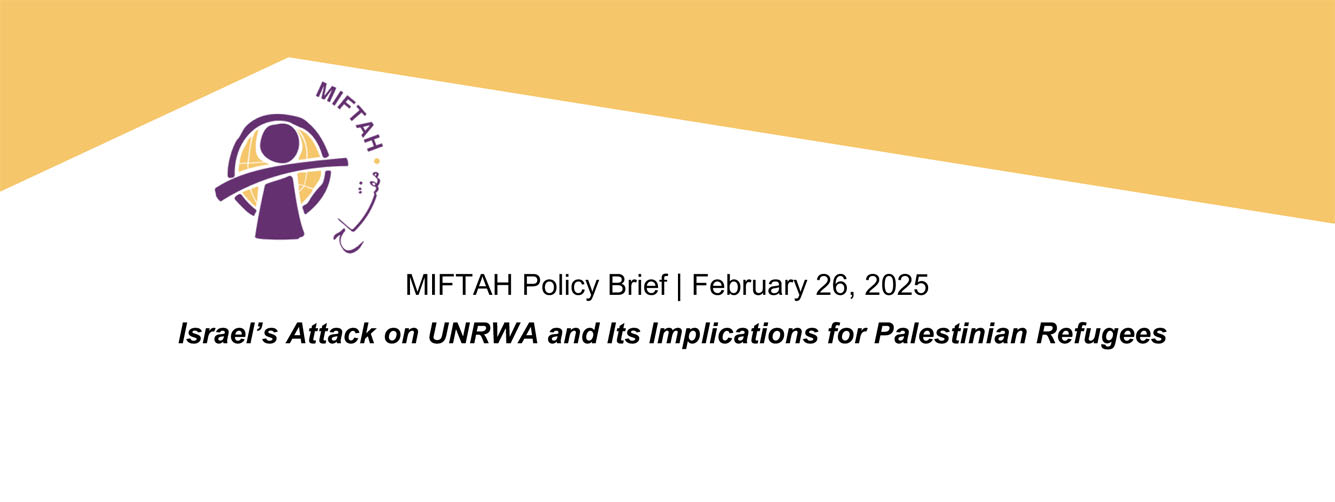International Alliance for Arab-Israeli Peace
Egyptians, Israelis, Jordanians, Palestinians and peace loving people from all over the World are gathered in Copenhagen to establish an international alliance for Arab-Israeli peace. Peace is too important to be left only to governments. People-to-people contacts are vital to the success of the peace efforts in the region. As long as the popular base remains weak, the peace process may falter. We are gathering in Copenhagen to contribute to a comprehensive and lasting resolution to the Arab-Israeli conflict before the end of this century, and to commence an era of durable and just peace in which the whole Middle East should enjoy stability, security and prosperity.
We are meeting under the auspices of the government of Denmark which shares our interest in bringing about a resolution to the Arab-Israeli conflict in all its aspects. The absence of such resolution can only adversely affect the interests of the entire international community.
We plan to hold public meetings, lobby governments, monitor progress and setbacks in the peace-process as well as discrimination, collective punishment, abuse of human rights and violence. We will mobilize public opinion behind the peace effort.
So much has been achieved in peace making between Arabs and Israelis, which has led to the Egyptian-Israeli disengagement in January 1974, the Syrian-Israeli Disengagement Agreement in May 1974, the Egyptian-Israeli Disengagement Agreement in September 1975, the Camp David Accords in September 1978, the Egyptian-Israeli Peace Treaty in March 1979, the Middle East Peace Process initiated in Madrid in October 1991, the Palestinian-Israeli Declaration of Principles in september 1993, the Palestinian-Israeli Cairo Agreement in May 1994, the Washington Declaration between Jordan and Israel in July 1994, the Jordanian-Israeli Peace Treaty in October 1994, the Palestinian-Israeli Interim Agreement in September 1995, the Declaration of the Peace Makers summit in Sharm el-Sheikh in March 1996 and the recent Hebron Protocol.
We are deeply concerned about the stalemate in the Israeli-Syrian, Israeli-Lebanese tracks, about possible deadlocks in the Israeli-Palestinian negotiations over the implementation of the Interim Agreement, and about the eruption of violence that has in the past led to the loss of Arab and Israeli lives.
We recognize that there is still a long way to go before the true vision of peace will become reality, that the hope for the attainment of comprehensive peace, leading to regional cooperation and a better life for all peoples of the Middle East may yet be dashed and that the peace process could yet be derailed with the shadow of war again engulfing the Middle East. Justice and equality are preconditions for peace.
We realize that we cannot afford to watch passively resurgent dangers and the rise of new ones against the peace process. Peace is too precious and war too abhorrent for us to sit idly by while deterioration takes place.
We are convinced that we reflect the will of the majority of the peoples in the region who yearn for an end to the Arab-Israeli conflict as a prelude to establishing peaceful regional cooperation. We voice the feelings prevalent among Arabs and Israelis that we, the people, must participate effectively in charting the course of the future of the Middle East by not allowing anti-peace forces to prevail.
We aim at the achievement of lasting and comprehensive peace based on the formula of land for peace, the implementation of U.N Security Council resolutions 242 and 338 in all their aspects.
We consider that the foundations for peace among the Arab and Israeli peoples should be based on equal and balanced rights for all. In addition to the implementation of resolutions 242 and 338, it is important to deal with the underlying causes of Middle East wars and conflicts and to support both Arabs and Israelis to come to mutually acceptable terms.
We reaffirm our determination to promote peaceful coexistence, mutual respect, dignity and security among the peoples of a region that is free of all kinds of violence, and to pursue avenues for harmony and reconciliation that match the global transformation in the post-cold war era.
We need each other and we are determined to close ranks with all peace-loving people to attain these objectives. In order to do that, the signatories to this declaration have agreed on the following:
- The attainment of peace between the Israeli and Palestinian peoples will resolve the core problem of the Arab-Israeli conflict. We, the International Alliance for Peace, call on concerned governments to act vigorously and speed up the full implementation of the Israeli-Palestinian agreements in letter and spirit, faithfully and honestly, and particularly to restore full normality to and improvement of the lives of the Palestinians. We call on the Israeli government and the Palestinian National Authority (PLO) to reach fair agreement on all outstanding final status issues (Jerusalem, refugees, settlements, borders, security and water) as soon as possible, certainly no later than May 5, 1999 as stipulated in the Oslo Accords. Jerusalem, in particular, is a deeply sensitive and central issue to all parties. Special attention, therefore, should be paid to this issue in the final status negotiations to satisfy the requirements of all the parties. The final agreement between Israel and the PLO must allow the Palestinian people to exercise their right to self-determination, including statehood, in accordance with international laws upon reaching an agreed settlement on the final status between them. To create an atmosphere of amity for negotiations, no resort to violence or terrorism in any form should be accepted or condoned. To allay Palestinian fears, no new settlements should be built and no Palestinian land, state or private will be expropriated.
- We, members of the Alliance, believe that comprehensive peace must be the true goal of all political efforts from within and outside the region. Renewed efforts must be made to reach a peaceful settlement between Israel and Syria and Israel and Lebanon based on the land-for-peace formula and on U.N. resolutions 242, 338 and 425. This settlement must include maximum mutual security for the parties as well as normal relations between them. Comprehensive peace should allow for a region free from weapons of mass destruction and their delivery systems, a Middle East in which economic potentials are harnessed for the prosperity of its inhabitants, and steps should be taken to achieve these goals.
- We urge all forces in the Middle East to join hands to rebuild a region free from arms race and free from strife and poverty. In this noble endeavour, we will seize every opportunity, knock on every door, lobby every government and attempt to spread our vision to serve the interests of present and future generations. To guarantee success and continuity the members of the Alliance pledge concerted efforts to stand up to the enemies of peace.
- In order to ensure sustainability of our drive for peace, a permanent secretariat for the Alliance will be established. Our slogan henceforth will be "Let the State of War end, let the State of Peace begin."
- In this vein, the founders of the Alliance invite regional and international groups and individuals concerned with the future of the region to support our declaration, join our movement and support actively its causes and goals.
- The founding members of the International Alliance for Arab-Israeli peace extend their deep appreciation and gratitude to the people and government of Denmark for their sincere efforts and generous hospitality, which have been instrumental in materializing our cause.
January 30, 1997
This document was signed by Israelis from the coalition and opposition and Palestinians from the Palestinian Authority during a meeting under the auspices of the Lousiana Process. It was republished by Ariga for Christmas, a year after its signing, as a reminder of what we should all be striving for.






